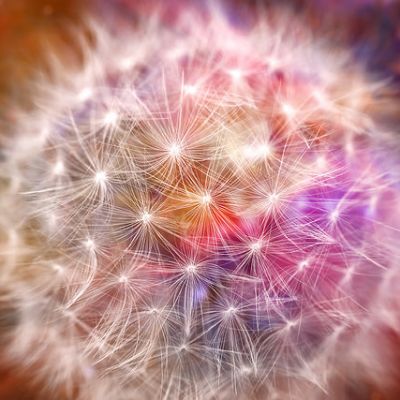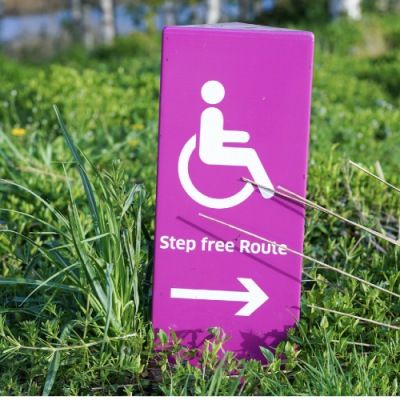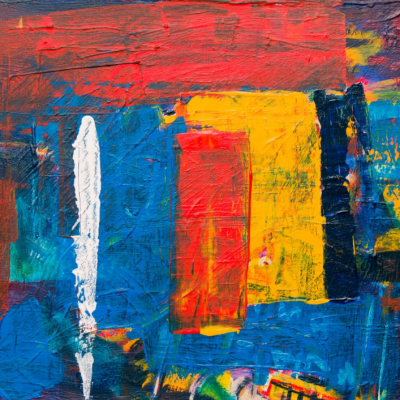Categories
So while theoretically we should all have the right to make our own decisions about matters to do with our sexuality, have the right to sexual and reproductive health care, the right to love who we want to, and the right to be free from violence and discrimination based on our sexual choices, to name just a few sexual rights, even today many people do not have these rights.
Home. Be it a real home or an aspirational one, the very word evokes longing and a sense of comfort, safety, and belongingness. As this month’s articles show us, when it comes to home and sexuality, sometimes the real and the aspirational meet and sometimes they do not. Our homes may house us but they may or may not have room for our sexual expression and desires.
In our mid-month issue, continuing with the theme of Health and Sexuality, we look at how we can expect our doctors, nurses and other healthcare professionals to be sensitive to issues of gender and sexuality if these issues are not addressed in the medical curriculum. Suchitra Dalvie, a feminist obstetrician and gynaecologist, makes a sharp and succinct critique of the training she received as a medical student…
The statement “We are just friends”, does it make you wonder? Just friends? As in – merely friends? As in…
Freedom and sexuality – it sounds so liberating to some. But to some others, freedom is the spark that can…
Are certain forms of femininities denigrated more than others? Not just by misogynists but also by feminists? Is there a particular way of manifesting an ‘appropriate’ femininity, one that is just right, and is not ‘too girly’ or ‘too tomboyish’?
Members of a fandom are not just passive consumers but active co-creators who imagine and build new worlds around their objects of adoration. Fandom communities offer fans the freedom of being able to imagine, create and share all sorts of scenarios, including romantic, erotic and sexual ones.
Continuing with our theme of Erotica and Sexuality, in this mid-month issue we bring you more articles that reveal the power of erotica to stimulate as well as challenge.
In our mid-month issue, we have the second part of the Shikha Aleya’s interview with six different people talking about aspects of sexuality and diversity from their own particular space of personal knowledge, as well as work, advocacy, art and activism across diverse fields.
Both sexuality and disability are complex terrains, offering a realm of possibilities that are often made unnecessarily complicated and unattainable by the mental maps we draw of them and the artificial barriers we erect.
Sexual desire is a potent force – it can and has led to all kinds of mayhem, but at the same time it can be a powerfully liberating and transformative force.
Searching for and then finding and connecting with others, dating, and then possibly, romancing them, are activities and experiences that…
While we are struggling with the vicissitudes brought on by the pandemic we are also forced to spend more time online, to look for resources in terms of health care or caregivers, to reach out to people and build a communities of care, to take a break, or to try and hook-up online for a while.
In our mid-month issue, Amit Timilsina writes about the role class plays in the decisions that young people make, and what he himself, as a young person and a youth leader, had to do to gain access to resources and to professional acceptance.
Choices are also influenced by our milieu, by socio-cultural norms, by the laws and strictures that operate to regulate what we may and may not do. Lest this makes it seem that we are mere puppets triggered by internal whimsy and simultaneously constrained by external forces, our contributors show that this is not so.















